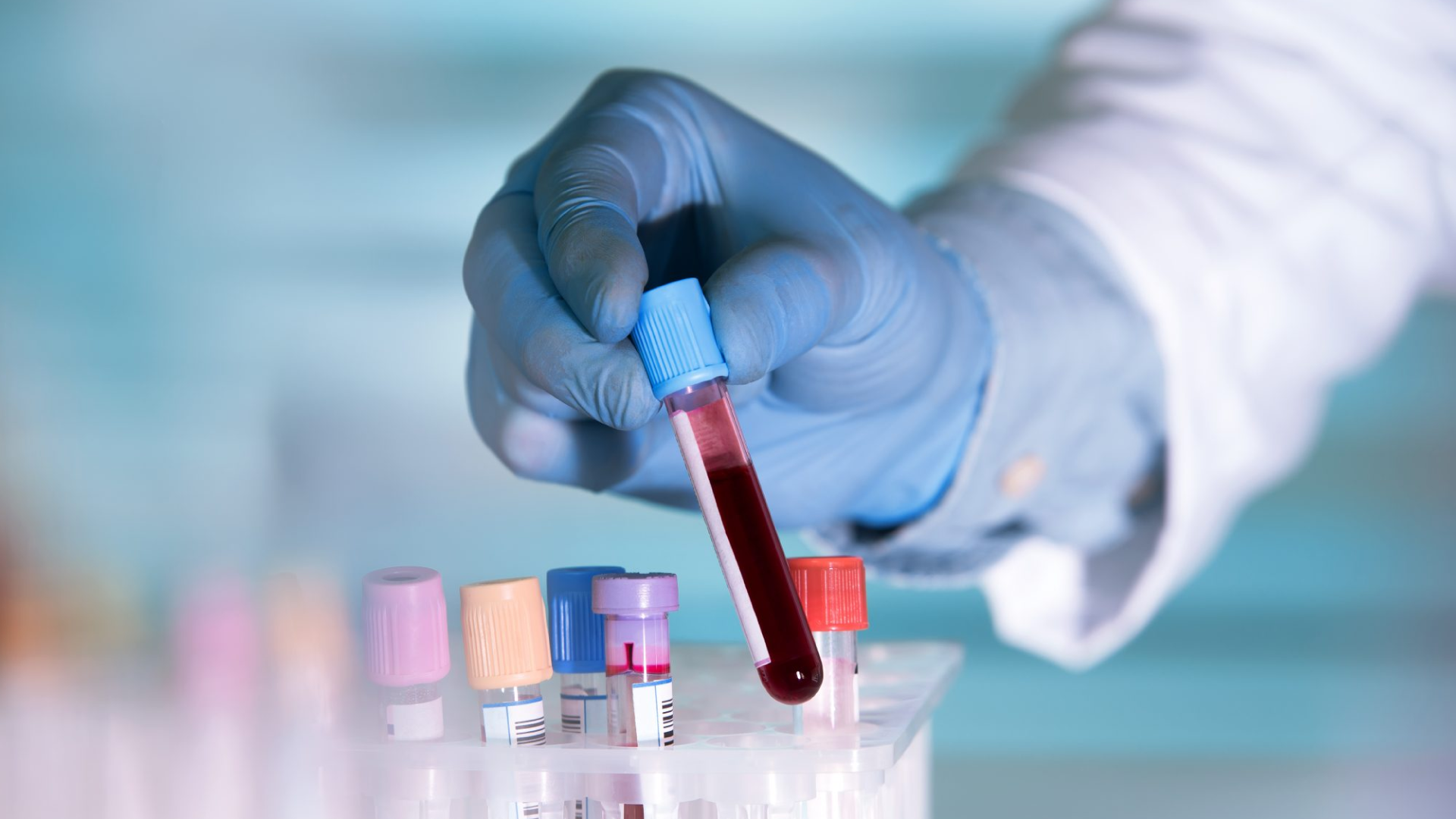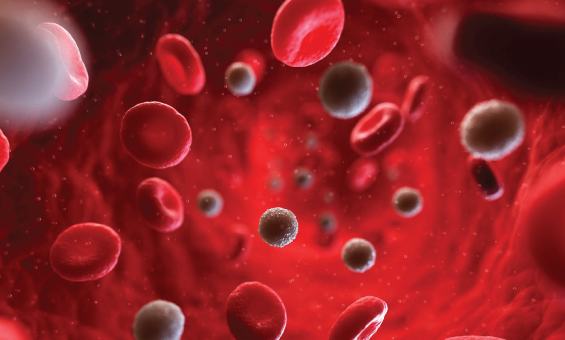Leukocytes, commonly known as white blood cells, are immune system cells responsible for protecting the body against harmful microbes and toxins. These cells play a central role in the body’s defense mechanism.
There are five main types of white blood cells (WBCs):
1. Neutrophils (NEU)
Neutrophils make up 55–70% of white blood cells. They are the body’s first responders to invading microorganisms. As a core component of the immune system, neutrophils destroy bacteria and fungi by releasing chemical enzymes that break them down (lysis).
2. Lymphocytes (LYM)
Produced in the bone marrow, lymphocytes reside in the lymphatic tissue and bone marrow.
B cells remain in the bone marrow and produce antibodies.
T cells mature in the thymus and travel to lymph nodes, spleen, tonsils, and intestines.
When foreign organisms enter the body, lymphocytes release lymphokines that activate other immune cells and attack the invaders.
3. Monocytes and Macrophages (MON)
Monocytes account for around 8% of white blood cells and are produced in the bone marrow. Once in the bloodstream, they quickly migrate into tissues, where they become macrophages. These cells destroy bacteria and clean up dead cells in tissue.
4. Eosinophils (EOS)
These cells target parasites and contribute to inflammation during allergic reactions, helping to regulate the body’s immune response to allergens.
5. Basophils
Basophils are the least common type of white blood cell. They are responsible for producing Immunoglobulin E (IgE) antibodies. These cells increase blood flow and play an important role in fighting parasitic infections. They may also detect and destroy cancer cells at early stages.
What Causes High White Blood Cell Counts (Leukocytosis)?
Interpreting elevated leukocyte levels requires examining the subtypes (neutrophils, lymphocytes, monocytes, eosinophils, and basophils). Common causes include:
Bacterial, viral, fungal, or parasitic infections
Skin inflammations like dermatitis
Rheumatic diseases
Inflammatory bowel diseases
Organ cancers causing non-infectious inflammation
Other possible causes:
Pregnancy
Stress and anxiety
Hormonal imbalance
Certain medications
Smoking
Excessive physical exercise
Spleen removal
Chronic kidney failure
Leukemia
Autoimmune disorders
Hemolysis
Myocardial infarction (heart attack)
What Causes Low White Blood Cell Counts (Leukopenia)?
Low leukocyte levels detected in blood tests are called leukopenia. While infections typically increase WBC counts, certain diseases that directly affect the bone marrow may lead to a decrease.
Conditions that may cause leukopenia include:
Viral and bacterial infections
Autoimmune diseases (e.g., lupus, rheumatoid arthritis)
Bone marrow failure syndromes (e.g., aplastic anemia, myelodysplastic syndrome)
Blood cancers like leukemia
HIV and other immune-suppressing conditions
Chemotherapy and radiotherapy
Fungal infections like histoplasmosis
Liver disease, spleen enlargement
Medication side effects
Vitamin deficiencies and malnutrition
In leukopenia, the immune system does not function properly, so restoring WBC levels to normal is essential for health and defense against infections.
For more information about leukocytes or to register for an online appointment, please contact our Call Center at (012) 910 or reach us via WhatsApp at (055) 4000 910.
You can also visit Sağlam Ailə Medical Center Laboratory to have your WBC count tested.


